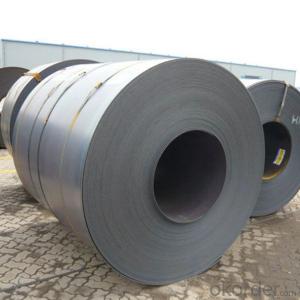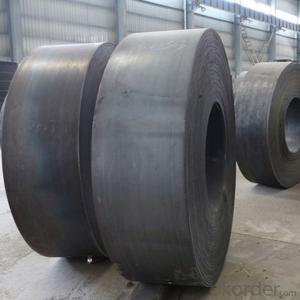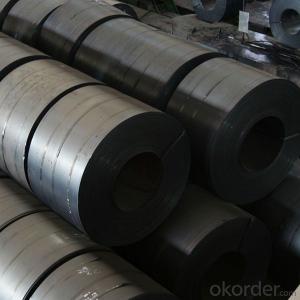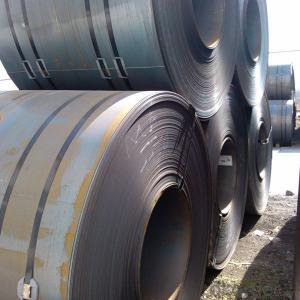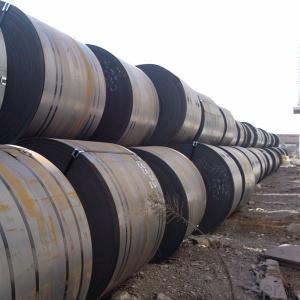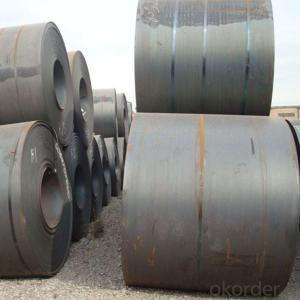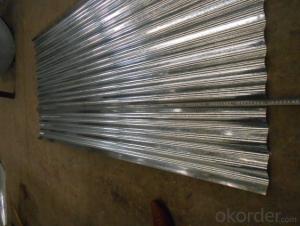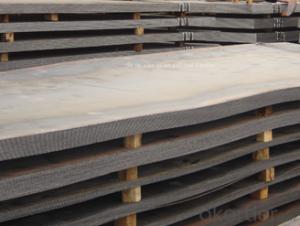Steel Coils Hot Rolled Steel Q235 Made in China
- Loading Port:
- Tianjin
- Payment Terms:
- TT OR LC
- Min Order Qty:
- 28 m.t.
- Supply Capability:
- 500 m.t./month
OKorder Service Pledge
OKorder Financial Service
You Might Also Like
Item specifice
DESCRIPTION FOR SS400 CARBON STEEL SHEET
1.Thickness: 1-200mm
2.Width: 100-3000mm
3.Length: 1000-12000mm
4. Applications :mining machinery, environmental protection, engineering
5. Grade:SS400 A 36 Q195.Q235.Q345.SPCC.SPCH
6.Surface : Hot Rolled Cold Rolled Galvanized Steel
DESCRIPTION:
GRADE: SS400, ASTM A36, A572, ST37,ST52, Q195, Q215, Q235,Q345, S235JR etc.
STANDARD: GB/T709-2006, ASTM A36, JIS G3101, DIN EN 10025, SAE 1045, ASTM A570
SPEC:
1)Width: 600-2500mm or 1000,1050,1250,1500,1800,2000mm
2)Thickness:1.5mm-200mm or as customers’ special requirements;
3)Length: 2-12m or as customers’ special requirements
PACKING:
1.Big thickness:by bulk vessel
2.Small thickness:packed by steel strips and shipped by container
3.According to the requirements of customers'
TRADE TERMS :FOB, CFR, CIF
DETAILED PICTURES FOR STEEL COILS
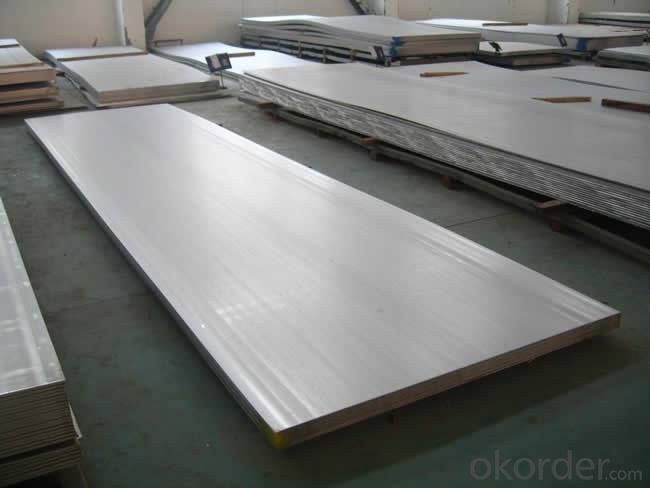
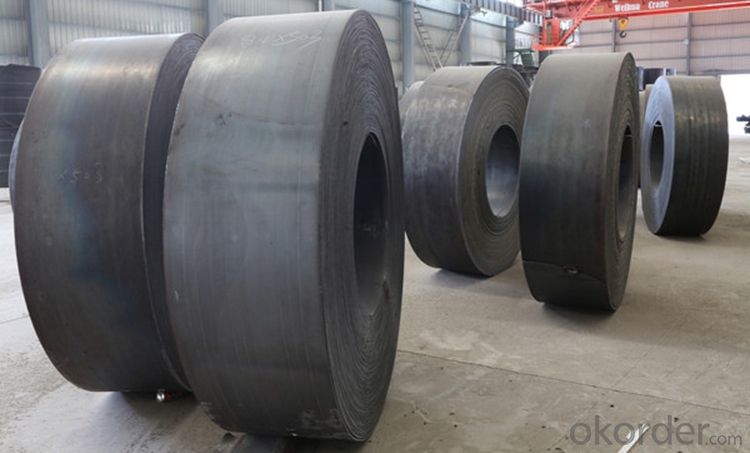
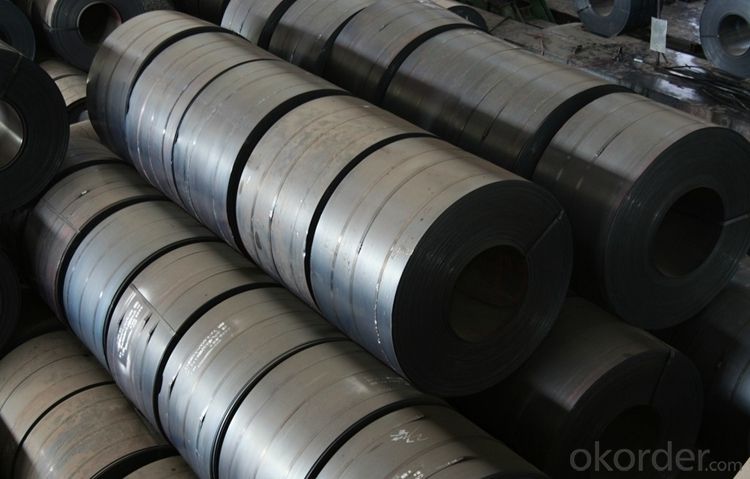
PAYMENT&DELIVERY FOR STEEL COILS/SHEETS
Payment Terms | 100% LC at sight,or 30%TT in advance, balance against B/L copy |
Delivery Time | With 30-40 days after deposit |
Price Terms | Ex-Work, FOB, CNF, CFR, CIF,etc |
FAQ:
Q:You are Factory or Trading Company?
A:We are factory,our main products include Steel plate,Steel Bar,Steel coils.
Q:What’s the MOQ?
A:Generally,the trail order will be accepted.The MOQ can be confirmed according to the different products.For example,the MOQ of rebar will be 25-50MT,the galvanized steel pipe will be 10MT,the stainless steel pipe will 1-5MT.
- Q:What are the advantages of using galvanized steel sheets?
- Using galvanized steel sheets in various applications offers several advantages. Firstly, they exhibit high resistance to corrosion. The process of galvanizing involves applying a zinc layer to the steel sheets, which acts as a protective barrier against rust and other forms of corrosion. This makes galvanized steel sheets ideal for outdoor applications or environments that are prone to moisture, like construction sites or coastal areas. Secondly, galvanized steel sheets possess excellent durability and longevity. The zinc coating enhances their overall strength and resistance to wear and tear. Consequently, galvanized steel sheets can withstand heavy loads, extreme temperatures, and other harsh conditions, making them suitable for long-term use. Moreover, galvanized steel sheets prove to be cost-effective. Though the initial cost may be slightly higher compared to other materials, their long lifespan and low maintenance requirements offset this investment. Galvanized steel sheets do not require frequent painting or sealing, saving both time and money in the long run. Furthermore, galvanized steel sheets are environmentally friendly. The zinc coating used in the galvanizing process is recyclable, contributing to sustainable practices. Additionally, the extended lifespan of galvanized steel sheets reduces the need for frequent replacements, minimizing waste and conserving resources. Lastly, galvanized steel sheets offer versatility in terms of applications. They can be easily formed, shaped, and cut to meet specific requirements, making them suitable for a wide range of industries, including construction, automotive, and manufacturing. The ability to customize galvanized steel sheets ensures their compatibility with various designs and structural needs. In conclusion, the benefits of using galvanized steel sheets encompass superior corrosion resistance, durability, cost-effectiveness, environmental friendliness, and versatility. These advantages make galvanized steel sheets a favored choice across numerous industries and applications.
- Q:Can steel sheets be bent or formed into different shapes?
- Yes, steel sheets can be bent or formed into different shapes through processes such as cold or hot rolling, stamping, or press braking.
- Q:What is the difference between hot-rolled and cold-rolled steel sheets?
- The main difference between hot-rolled and cold-rolled steel sheets lies in the manufacturing process and the resulting characteristics of the steel. Hot-rolled steel sheets are made by heating a large steel slab and passing it through rollers at high temperatures. This process allows the steel to be easily shaped and formed into various sizes and thicknesses. The high temperature also helps to eliminate any residual stress within the steel, making it more ductile and malleable. As a result, hot-rolled steel sheets have a rougher surface finish and may have some scale, which is a thin oxide layer on the surface. However, they also tend to be less expensive and have a wider range of available sizes. On the other hand, cold-rolled steel sheets are made by cooling down the hot-rolled steel and passing it through rollers at room temperature. This process not only reduces the thickness of the steel but also improves its surface finish and dimensional accuracy. Cold-rolling imparts a smooth and shiny appearance to the steel sheets, making them ideal for applications where aesthetics are important. Additionally, the cold-rolling process increases the strength and hardness of the steel, making it more suitable for high-stress applications. However, the cold-rolled steel sheets are generally more expensive due to the additional processing involved. In summary, hot-rolled steel sheets offer better formability and lower cost, but have a rougher surface finish and may have some scale. Cold-rolled steel sheets, on the other hand, have superior surface finish, dimensional accuracy, and strength, but are more expensive. The choice between hot-rolled and cold-rolled steel sheets depends on the specific requirements of the application, including the desired surface finish, strength, and cost considerations.
- Q:Can steel sheets be used for electrical conductivity?
- No, steel sheets are not typically used for electrical conductivity as steel is a poor conductor of electricity compared to other metals like copper or aluminum.
- Q:What is the cost of steel sheets compared to other metals?
- The cost of steel sheets can vary depending on factors such as the type of steel, thickness, and market conditions. However, generally speaking, steel sheets tend to be more cost-effective compared to many other metals due to the abundance of iron ore and efficient manufacturing processes.
- Q:How do steel sheets perform in UV resistance?
- Steel sheets do not have inherent UV resistance as they are prone to corrosion when exposed to ultraviolet (UV) radiation. However, the addition of protective coatings or finishes can enhance their UV resistance and significantly increase their lifespan when exposed to sunlight.
- Q:How do steel sheets compare to wood sheets?
- Steel sheets and wood sheets have distinct differences in terms of strength, durability, and use cases. Firstly, steel sheets are known for their exceptional strength and durability. They can withstand heavy loads, extreme weather conditions, and are highly resistant to warping, rotting, and insect damage. Wood sheets, on the other hand, are less robust and can be vulnerable to moisture, termites, and decay if not properly treated or maintained. In terms of versatility, steel sheets offer a wide range of applications. They are commonly used in construction, automotive, and manufacturing industries due to their high tensile strength and structural stability. Wood sheets, on the other hand, are often used in interior design, furniture making, and smaller-scale construction projects due to their natural aesthetic appeal and ease of manipulation. Additionally, steel sheets are fire-resistant, making them a safer option compared to wood sheets, which are combustible and can contribute to the spread of fire. Steel sheets also have a longer lifespan, requiring less maintenance and replacement compared to wood sheets, which may need regular refinishing, sealing, or replacement due to wear and tear. However, wood sheets have their advantages as well. They are typically more cost-effective than steel sheets, making them a popular choice for budget-conscious projects. Wood sheets also have better insulation properties, providing natural warmth and soundproofing qualities. Ultimately, the choice between steel sheets and wood sheets depends on the specific requirements of the project, including factors such as budget, desired aesthetics, structural needs, and environmental considerations.
- Q:Are steel sheets suitable for automotive body parts?
- Yes, steel sheets are suitable for automotive body parts. They are commonly used in the automotive industry due to their high strength, durability, and excellent crash resistance. Steel sheets offer good formability and can be easily shaped into various car body components, providing structural integrity and safety to vehicles.
- Q:Can steel sheets be used for storage containers?
- Yes, steel sheets can be used for storage containers. Steel is a strong and durable material that provides excellent protection for storing various items.
- Q:Are steel sheets suitable for food-grade applications?
- No, steel sheets are generally not suitable for food-grade applications as they can potentially leach harmful substances into the food.
1. Manufacturer Overview |
|
|---|---|
| Location | |
| Year Established | |
| Annual Output Value | |
| Main Markets | |
| Company Certifications | |
2. Manufacturer Certificates |
|
|---|---|
| a) Certification Name | |
| Range | |
| Reference | |
| Validity Period | |
3. Manufacturer Capability |
|
|---|---|
| a)Trade Capacity | |
| Nearest Port | |
| Export Percentage | |
| No.of Employees in Trade Department | |
| Language Spoken: | |
| b)Factory Information | |
| Factory Size: | |
| No. of Production Lines | |
| Contract Manufacturing | |
| Product Price Range | |
Send your message to us
Steel Coils Hot Rolled Steel Q235 Made in China
- Loading Port:
- Tianjin
- Payment Terms:
- TT OR LC
- Min Order Qty:
- 28 m.t.
- Supply Capability:
- 500 m.t./month
OKorder Service Pledge
OKorder Financial Service
Similar products
New products
Hot products
Related keywords
